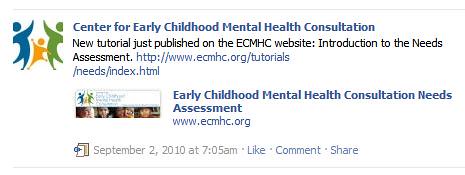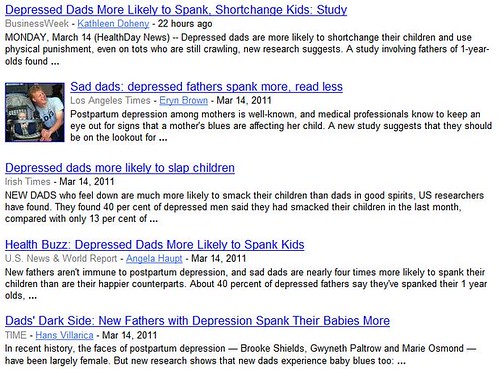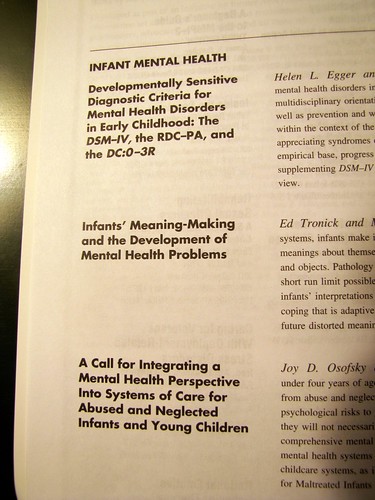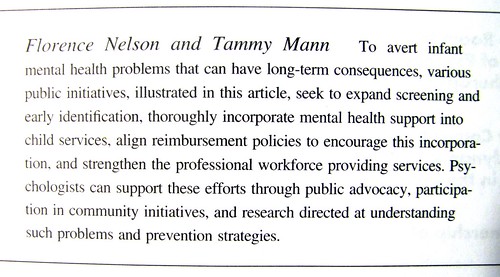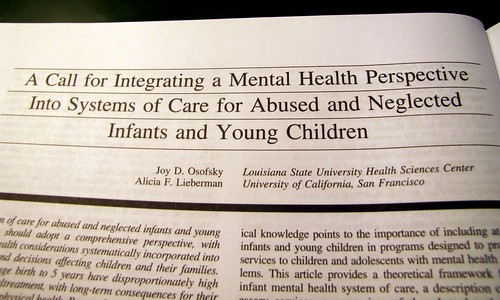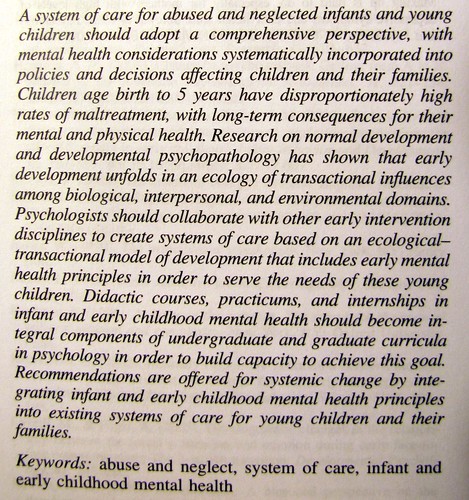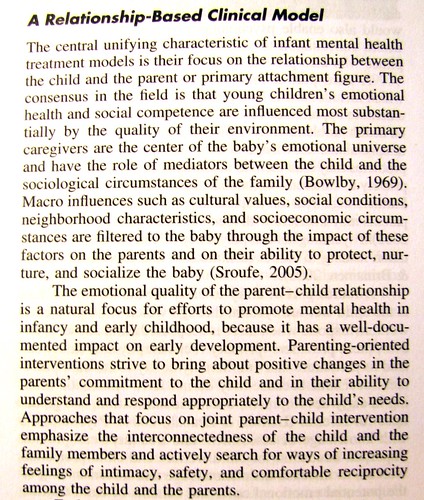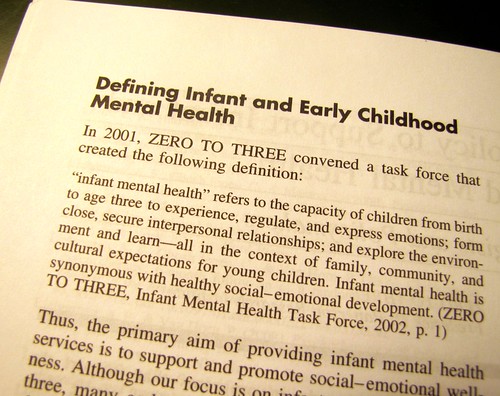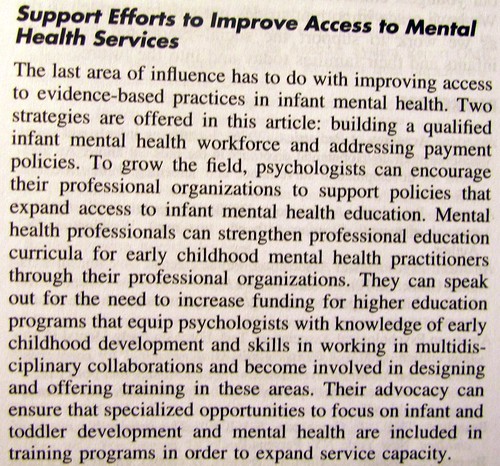We hear a lot about the importance of reading, getting kids started early. We don't hear as much about getting kids started early with math. Here is Bill from our last Peninsula's Early Childhood Mental Health Consultation Group describing the significance of introducing math concepts in preschool, giving an example of a strategy, measuring with ribbons, following up on the conversation he started the month previously. In many parts of the world, in many cultures, young children play math games with their parents as they kick or throw a ball . -gw
The experience of providing INFANT and EARLY CHILDHOOD MENTAL HEALTH consultation, from the perspective of providers on the Kitsap and Olympic peninsulas of Washington State
Wednesday, March 30, 2011
Wednesday, March 16, 2011
On Teaching Parents to Play in One Hour: What a concept!
Children learn best by connecting and interacting through play- so let’s practice! Learn how important play is and how to effectively play with your children to promote developmental, language and social skills. Parents are introduced to Parent Child Interaction Therapy (PCIT) which places an emphasis on improving the quality of the parent-child relationship and changing parent-child interaction patterns.
Who is it for? Grown-ups and their infants/toddlers; grown-up participation required.
Is there a fee? Pretend City admission not required or included.
Anything else I should know? This activity is presented by Pretend City’s Child Development Initiative, Good To Go From Head To Toe! and facilitated by the Child Guidance Center.
Pretend City, a children's museum, is not in our area. But what a service they are offering by teaching parents how to play incorporating the skill sets of Parent Child Interaction Therapy. Playing with children does not come automatically. Many parents almost never play with their child. Allowing a child to "have the lead" in play with their parent is the quickest way to bring warmth of a child-parent relationship. Knowing how to play and then doing it is key. -gw
On Early Childhood Mental Health on Facebook: Another way to keep up with resources
I guess I shouldn't be surprised that there is a Facebook page for TACSEI and the Center for Early Childhood Mental Health Consultation, too. If you're on Facebook a lot, getting the status updates as part of your news feed sounds like a quick and painless way to keep up with what's new, although even our little blog has more postings per month than they do. Perusing the site I learned of a number of best practice tutorials, one of which containted these messages that are important to me for my work. -gw
Take Home Messages
- Head Start program leaders play a key role in helping to develop, implement, and maintain a shared program vision for mental health services and mental health consultation. Leadership should strive to integrate a mental health perspective into all program components, inspiring staff to see mental health as part of everything they do.
- Programs can strengthen their mental health services and consultation by working as a team to develop a mental health-specific strategic plan. The mental health strategic plan should be developed by a representative team, and include key program goals, activities, and timelines for improving mental health services and consultation. The mental health strategic plan should be a living document that is revisited and updated frequently.
- Head Start program leaders can help ensure the success of early childhood mental health consultants by helping families and staff be "ready" to work with the consultant. Building staff readiness includes making sure staff understand their role in the consultative process, feeling comfortable accepting support from the consultant, and helping build positive relationships between staff and the consultant. Building family readiness includes making sure that families understand that the consultant's role is to help all families (non-stigmatizing), reframing the consultants work as supporting wellness, rather than "treatment" mental health problems, and building opportunities for the consultant to meet and get to know families.
- Program leaders need to ensure that mental health consultants have good supervision and support for their work. Many program consultants receive clinical supervision outside the Head Start program, but they should also have an in-house supervisor to work with to provide support specifically around working with staff and families at this Head Start program. Helping consultants get to know other early childhood mental health consultants can also be important to supporting the consultant professionally.
On Postpartum Dads: Study receives wide coverage
Depressed Dads More Likely to Spank, Shortchange Kids: Study
Sad dads: depressed fathers spank more, read less
Depressed dads more likely to slap children
Health Buzz: Depressed Dads More Likely to Spank Kids
Dads' Dark Side: New Fathers with Depression Spank Their Babies More
The information provided in this study is probably not surprising to the members of our consultation group, but it's noteworthy that the news coverage of it has been so widespread. -gw
Tuesday, March 15, 2011
On the Emergence of Infant Mental Health for American Psychologists: Journal coverage
The current issue (February-March 2011) of the American Psychologist is devoted to Infant Mental Health. I will bring a copy of the journal, thanks to KMH co-worker Martha Crownover, to our consultation meeting on Friday.
All the themes that are part and parcel of our discussions are reflected in these pages. Another social space, in this case professional psychologists, -- the same emerging discourse.
Psychologists, master's level mental health counselors, social workers, early childhood home visitors -- we all come together for purposes of advocacy.
A relationship-based clinical model is emerging front and center across multiple disciplines..
What is infant mental health?
Improving access to infant mental health services means "building a qualified infant mental heath workforce, and addressing payment policies." Don't we know it! -gw
Subscribe to:
Posts (Atom)

